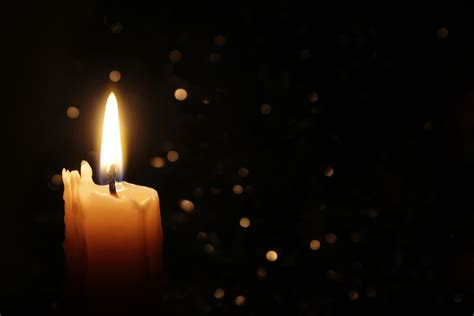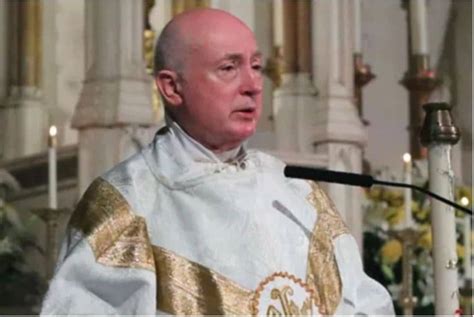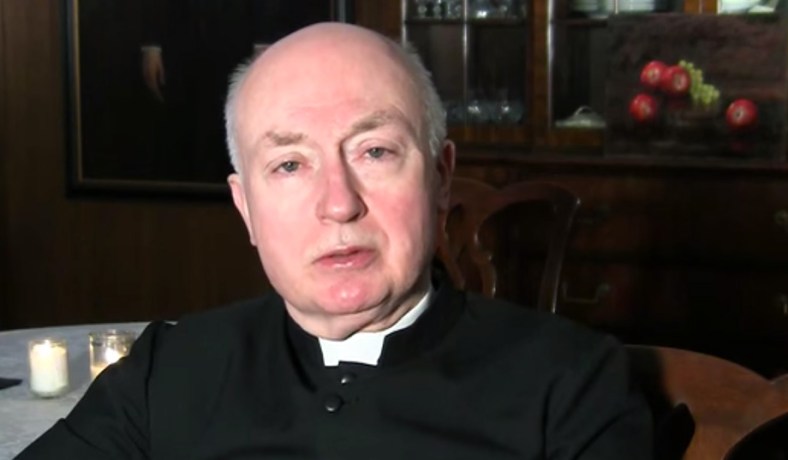
Some parishioners will remember that the Mass prior to Vatican II used to conclude with the reading of John 1:1-14, which, because it was proclaimed after communion, was called the “Last Gospel.”
Those of you who are old enough may not remember the Last Gospel because it was proclaimed quietly in Latin, as if it were a private devotion of the priest. But it was there.
A priest friend recalled that when he was in middle school, the pastor of his parish would invite one of the 8th graders to read the Last Gospel in English over the microphone while he recited it on the Gospel side of the altar in Latin at the conclusion of Mass. That was nearly sixty years ago, and the priest beamed with joy at the remembrance. What a gift to those eighth graders and to the entire gathered congregation!
Way back in December of 2020, I blogged about the Gospel for the 7th Day within the Octave of Christmas, which is John 1:1-18. I mused then about the possibility that in the future the “Last Gospel” might be returned to the end of Mass in the Novus Ordo.
I didn’t know how that might occur, but I imagined it might be in some future iteration of the “mutual enrichment of the forms.” But then, earlier this year, prayerfully musing about the long “Lent” of our Covid suffering, I began to take increasing comfort in the prologue, which begins as follows. Given the increasing darkness and evil agendas we see around us, I took special consolation in the powerful truth in the underlined verse:
In the beginning was the Word, and the Word was with God, and the Word was God. He was in the beginning with God. All things came to be through him, and without him nothing came to be. What came to be through him was life, and this life was the light of the human race; the light shines in the darkness, and the darkness has not overcome it.
The lies, uncertainty, suffering, and confusion in our world today served as the context for the Lord’s prompting in my heart to return to that old practice. After prayerful discernment and consultation, I decided that beginning January 30, I would begin proclaiming John 1:1-14 after the Marian Antiphon (or another suitable hymn) after the conclusion of the Mass. This would precede the recitation of the St. Michael Prayer, which we have been doing for years.
For those who are curious, I am proclaiming the Last Gospel and praying the St. Michael Prayer after the final blessing, reverencing of the altar, and I depart from the sanctuary. (This helps avoid the facile claim that we are somehow “mixing the forms.”) It works smoothly and well, even if I occasionally begin reciting the St. Michael prayer out of habit.
It was a great gift that the Lord prompted me to make this move, and then (as is His wont) to reinforce the prompting through a wonderful reflection from Anthony Esolen, based on his new book. Esolen, as you hopefully know, is a gifted writer and a prophet for our times. One need only peruse this gem, which is a wonderful complement to my previous post on gender ideology, to see his ability to hone in on the liberating truth.
Since I began proclaiming the Last Gospel after Mass, my love of the Incarnate Word has grown. The holy repetition has been a great gift to me. It’s like a second creed on Solemnities. And every day it reminds me and those gathered that the “darkness has not overcome” the light. Indeed, the Last Gospel, like the One Whose incarnation it proclaims, is a great and necessary comfort in our times.
Those who attend Mass here have welcomed these additions, and seem ready to tarry with me after Mass to honor the Incarnate Word and invoke St. Michael the Archangel’s protection. God knows, we need it!
(By the way, I’ve had no complaints from anyone, in case any of my brother priests are curious.)








